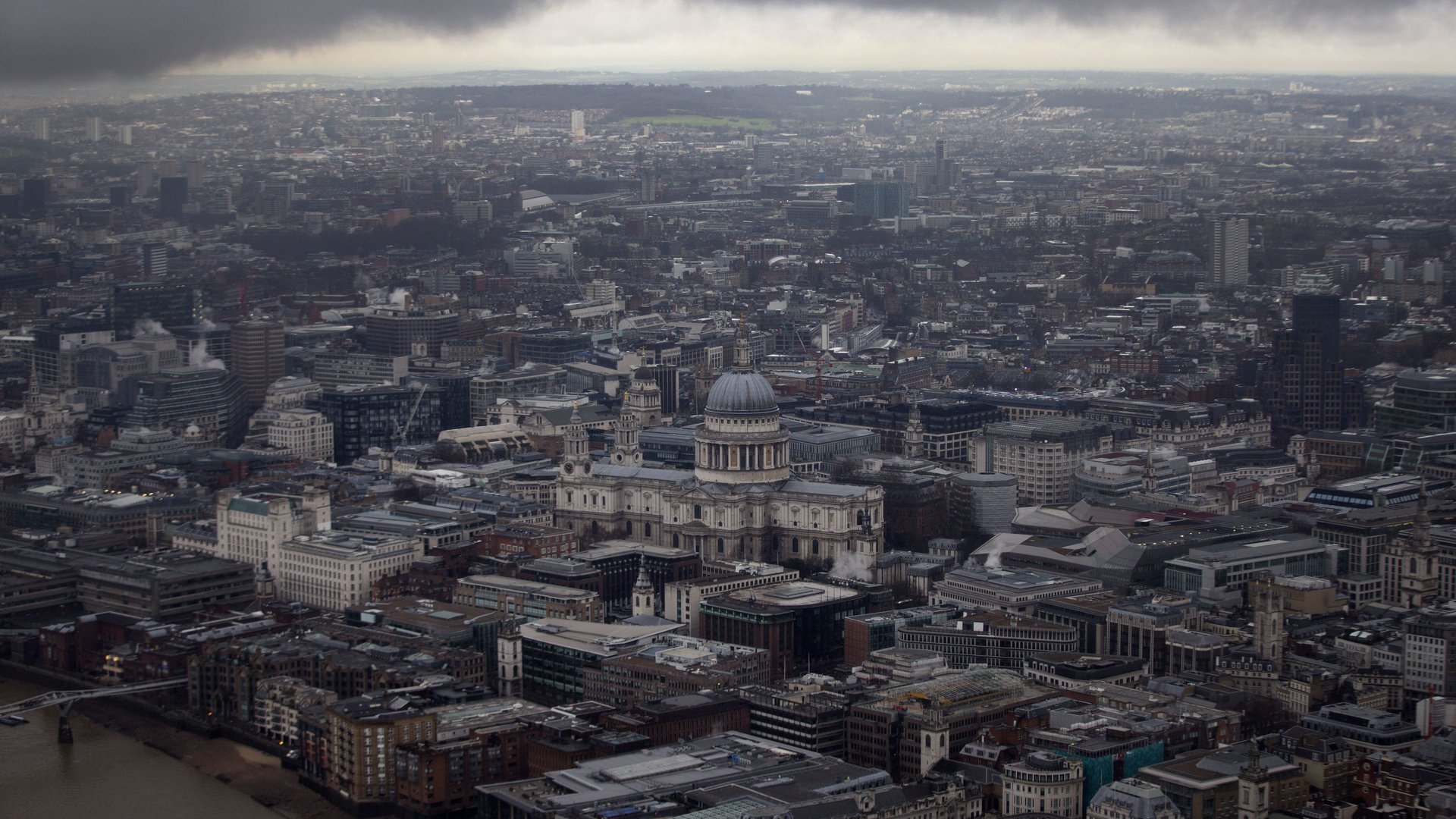The UK’s secretive real estate market is also a money laundering machine
“London is not a place to stash your dodgy cash, announced then-British prime minister David Cameron in 2015, as part of a grand move to bring the UK to the forefront of the global anti-corruption fight. But it wasn’t true then and it isn’t now.


“London is not a place to stash your dodgy cash, announced then-British prime minister David Cameron in 2015, as part of a grand move to bring the UK to the forefront of the global anti-corruption fight. But it wasn’t true then and it isn’t now.
Cameron’s aim was to upend the British real estate sector’s reputation as a haven for laundered money, by forcing the secretive shell companies that owned tens of thousands of UK properties to publish their names in a registry. The next year, his government went a step further—promising to force those companies to reveal who actually owns them.
That never happened, and we’re still none the wiser as to who may be profiting from British real estate, according to a report by NGOs Global Witness, Transparency International, and Who Owns Britain. They found that more than 85,000 properties in the UK still have their ultimate owners hidden, many through shell companies in the British Virgin Islands and other UK Crown Dependencies or Overseas Territories.
The most expensive secretly owned property is 123 Buckingham Palace Road, valued at £215,399,999 ($289,000,000) and owned by a Jersey shell company, according to Global Witness. The ten most expensive anonymously owned properties are worth £1.5 billion, the report says.
Such numbers have moral, security, and economic implications. Britain struggles to seem tough on corruption, when it allows money launderers to steal cash from developing countries and stash it in London properties. A 2017 Transparency International report found £4.2 billion worth of properties in London had been bought by officials or politicians with suspicious wealth.
Meanwhile, not knowing who owns your own properties also means you don’t know who benefits from rent on them—secretly owned companies can, for example, be the source of terrorist financing. Finally, the buying up of central London by the global super-rich exacerbates inequality (paywall) by pushing up property prices for those further out, forcing many low-income people to leave London altogether.
So, what of the registry of beneficial owners that Cameron’s government promised a year and a half ago? Well, the Brexit referendum overwhelmed everything and nothing happened. The new Conservative government under Theresa May put out a call for evidence to people in the sector in April, and a Department of Business spokesman said they planned on publishing their response to that call shortly. Creating the actual register is a “long process,” he said.